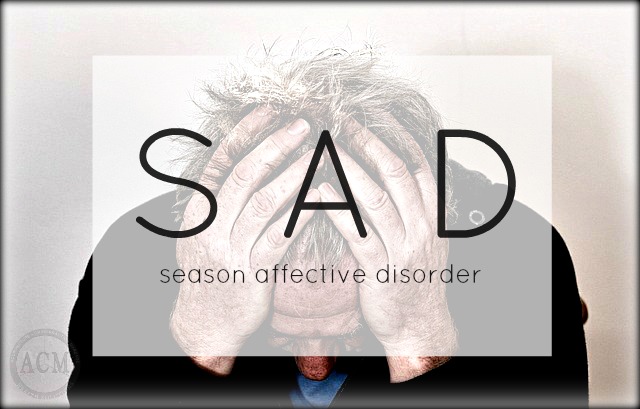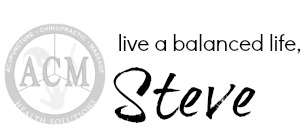-
Book Online Now - Acupuncture Solutions3900 Pebblecreek Ct #101
Plano, TX 75023972-612-4900 - 6501 Wesley St #A-1
Greenville, TX 75402903-213-3679 Learn more about…
#autumn #balance #behappy #fall #familytime #germs #healthlyliving #healthyskin #immunesystem #organs #psoriasis #seasons #sunscreen #thinkpositive acupressure acupuncture allergies anxiety coronavirus covid-19 depression diet digestion energy exercise headaches health heart herbs kidneys liver lungs meditation migraines nutrition pain pms qi sleep spring stress summer tcm Traditional Chinese Medicine winter
fall
Healthy Eating for Fall
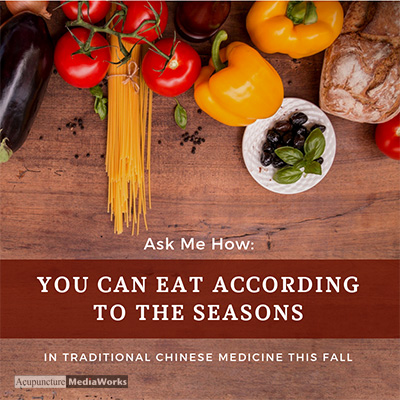
The season of fall brings cooler weather and shorter days. As with any season, the world adjusts accordingly. Plants begin to go dormant, animals start scrounging for food to help get them through the upcoming winter months and humans start winterizing everything. Sweatpants and hoodies become more commonplace and everything…EVERYTHING is pumpkin flavored.
As fall descends on the land, it reminds us we need to start cutting back on the numerous cooling foods that are consumed during the summer months. Things like raw foods, salads, juices and fruits need to be decreased because they can create too much cold in the body. This is just one principle followed by Traditional Chinese Medicine.
There are many facets to TCM and nutrition is one of the most important. The ancient Chinese observed what took place in nature and followed those cues accordingly. So when the season changed to fall and the amount of daylight decreased and the temperatures cooled, the Chinese began to eat what was available. This is what it means to “eat for the season.” By eating according to the season, we can avoid many illnesses and diseases. If we continue to eat raw, cold foods during the cooler fall and winter months, then we set ourselves up for digestive problems, colds, sinus infections and even painful joints.
When a person eats seasonally, they will inevitably notice certain foods are no longer abundant or available. In the season of fall, one should fill their pantry and cupboards with dried foods, heavy grains, seeds, roots and squashes that can help move the body’s energy or Qi (pronounced “chee”) inward.
Fall is also a time to slow down. This means we should cook food for longer periods of time on lower heat. How we cook food will affect how the body tolerates it and how the energy is utilized. Some examples of how to cook for the season of fall include making soups and stews, using a crockpot or slow cooker, roasting and baking foods. These methods create a deeper warmth and supply greater energy from the food.
Foods that are nourishing to the lung are very important during the season of fall. Since many people get sick during these months, lung tonifying foods can be very beneficial. This includes foods like ginger, onion, garlic, pears, walnuts, miso, navy beans, almonds asparagus, broccoli, apricots, bananas, apples, plums and grapes.
The dryer weather can also cause chapped lips, a dry nose, an itchy throat, rough skin and even dry stools. To counter these issues, it is recommended to eat foods that promote the production of bodily fluids, such as nuts, seeds, pears, pumpkin, honey and a traditional Chinese porridge known as congee.
Animal products tend to be warming and grounding by nature. And for those who eat animal flesh, increasing the intake can be beneficial during the cooler fall months. As mentioned before, roasting, baking or stewing the meats is the most beneficial.
When we follow the cues given to us by nature, we can maintain a very healthy existence.
Tune Into Good Health
Remember the days of rabbit ear antennas on your television sets? If you were lucky enough to find the exact seating position in your living room to optimize your body’s own magnetic field and the tilt of the earth’s axis, these beauties could tune in your favorite show with the crystal clarity of a thick San Francisco fog. If – heaven forbid – you wanted to tune to another channel, this required a coordinated, two-handed effort of spinning and rotating the antennas, the likes of which would rival even the most skilled of Olympic fencers.
The point here is that no matter what show you wanted to watch, you could pick it up on your set, but only if the antenna was functioning properly and only if it was aligned in the right position. The signal was always in the air, but whether or not your show came in clearly depended upon the antenna’s ability to transfer the signal to your TV set.
For those of you struggling with your health, keep in mind that you always have the potential for improvement. Your body was created by an intelligence that is unerring, infallible, and always on the job, and this intelligence is expressed through the body’s energetic meridian system.
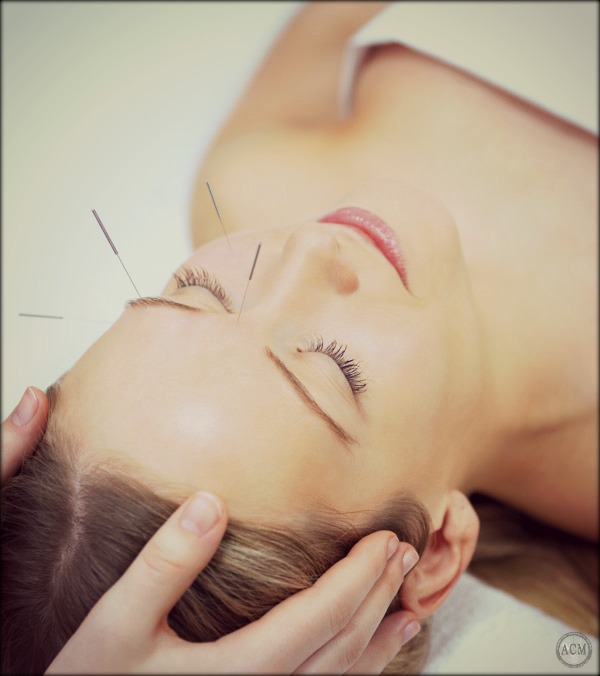
Research shows that acupuncture can help with many more health problems other than just for pain and aches. The problem is usually not with the meridian system itself, but rather with the transmission of energy through the body. Just like the old VHF signals being broadcast over the air, the energy is always present; the signal is always there. Remaining healthy is a matter of transferring that signal as efficiently as possible to all parts of your body, and in this case your meridian system functions as the antenna. The farther out of balance your system becomes, the weaker the signal gets. Bringing the meridians back into its proper balance allows for the signal to broadcast at full strength.
Imbalances choke off vital energy traveling throughout the body, but instead of a fuzzy picture, you get sciatic pain, headaches, asthma, fatigue, numbness, digestive disorders, allergies, chronic sickness, etc.
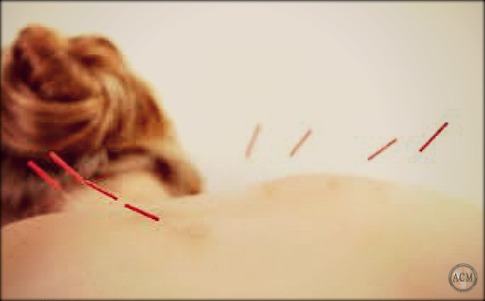
Acupuncture works by supporting and balancing the “signals” being broadcast by your body and laying the ground for optimum expression of health. Clearing the meridian system of imbalances allows the free flow of energy to every cell, organ, nerve, and tissue, resulting in crystal clear, HD reception and picture-perfect health. If you have been feeling under the weather, exhausted, tired or just plain worn down, it may be time for you to come in for a tune-up.
3 Indicators You Need a Tune-Up
Here is a list of three signs indicating that you should immediately come in for an acupuncture tune-up. Both your body and mind will thank you for getting tuned up as soon as possible.
1) Chronic Back and Neck Pain
If you experience chronic back and neck pain, it is highly recommended to come in and receive acupuncture. Back pain is one of the leading reasons that people seek out acupuncture. So if your neck or back are bothering you, it is time you sought out acupuncture.
2) Trouble Sleeping
Acupuncture is a great cure for those who have trouble sleeping. If you experience restlessness, tiredness or overall fatigue you should try acupuncture. Acupuncture improves the body’s functions and promotes overall health due to the needling of specific acupuncture points on the body. Try acupuncture to improve the sleep problems you are currently experiencing.
3) Digestive Problems
A healthy digestive system is important to living an active, healthy and worry-free lifestyle. In order to maintain a high-functioning digestive system it is important that the whole body has a smooth and consistent flow of energy. Acupuncture will help regulate this and promote a smooth flow throughout the entire body, in turn alleviating the symptoms of poor digestive function.
Are You SAD? How to Prepare for Seasonal Affective Disorder
When the seasons change you have to be ready for a change in mood, especially as we move from fall into winter. Although it may not seem as drastic of a shift as you think, it matters more to our mental and physical states than you may know. Seasonal affective disorder is estimated to affect around 10 million Americans a year, and this isn’t even the full number of reported cases.
As we begin to lose the summer sun and transition into the darker months of the year, depression and fatigue seem to make that transition with us. But, there are ways to shake off the impending gloom and brighten your day, if you follow some of these steps you can combat seasonal affective disorder and find yourself being just as happy as you are in the warm summer months.
- Try light therapy. Doctors have called this idea phase shifting. Because we lose sunlight so quickly as we head into the winter, you should start setting out bright lights when beginning your day. By eating breakfast and starting your daily routine under bright indoor lights, you get used to not having sunlight and can better acclimate to your new surroundings.
- Exercise. Exercise. Exercise. Regular exercise works wonder for depression in general, so why would it not work for SAD-induced depression? By maintaining regular exercise habits you can work to get rid of the fatigue, depression and tiredness by adding at least 60 minutes a day of activity into your life.
These next two ideas go hand in hand, as both work together to not only combat SAD, but promote a healthy lifestyle.
Maintain a heart-healthy diet and get plenty of sleep.
No brainers? Maybe. But, you would be surprised at the amount of people who do not follow both or one of these guidelines, I’m sure you know someone who fits into those categories. Make sure to maintain a regular sleep schedule while keeping up with a heart-healthy diet in order to fight seasonal affective disorder.
Last, but not least, try acupuncture! Acupuncture is a great solution to combating SAD. There are various points on the body that have been known to alleviate symptoms of SAD. A primary point that should be addressed when treating SAD is Yintang, and when being treated for SAD by an acupuncturist you should be seen between one to two times a week.
Try some of these techniques and you should have no problem battling and conquering the seasonal affective disorder that may be bothering you this winter.

